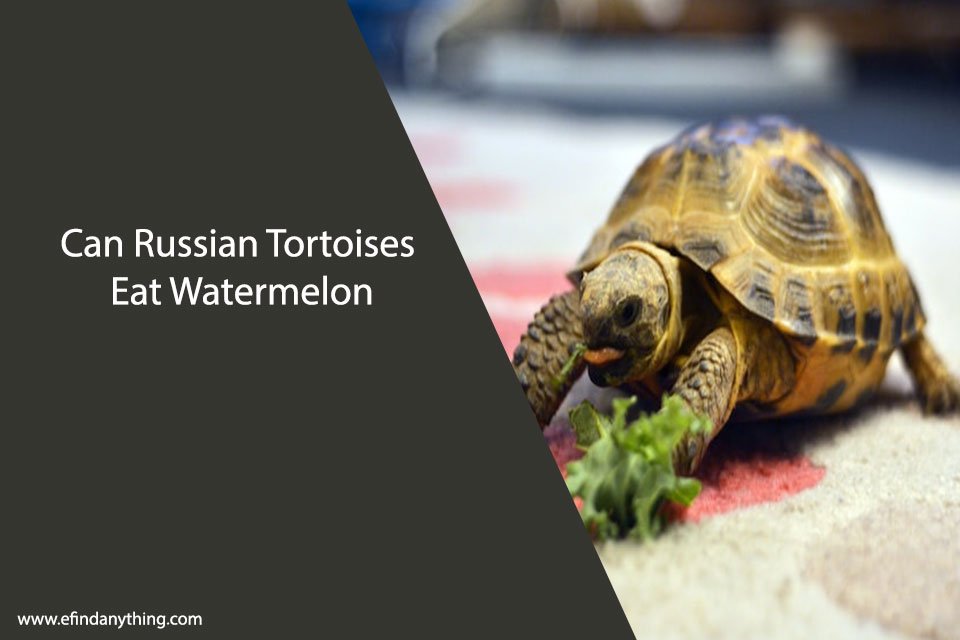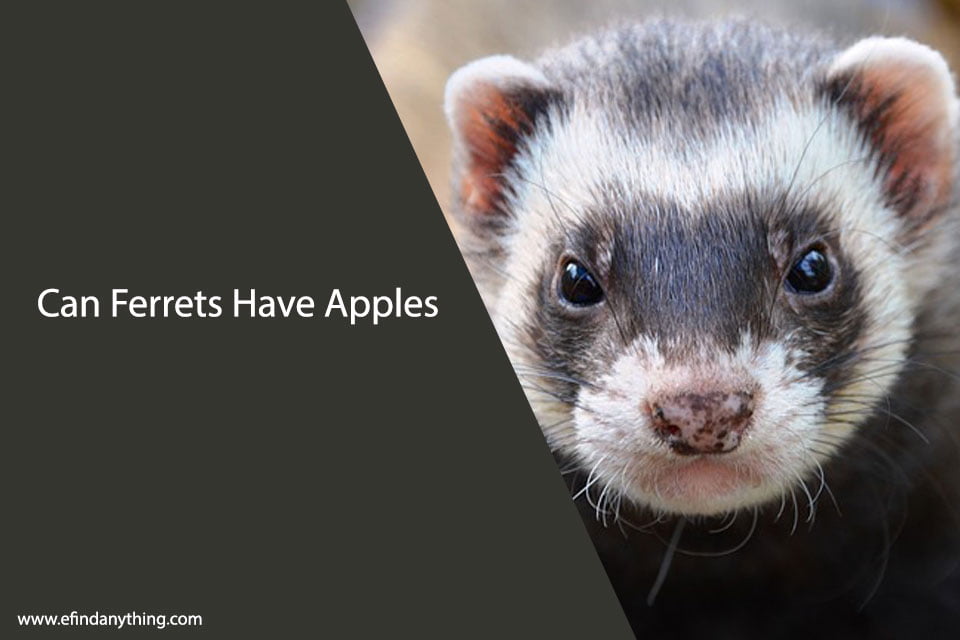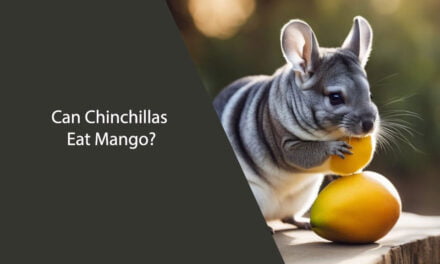Russian tortoises are small, herbivorous reptiles that are native to Central Asia. They are a popular choice for pet owners due to their small size and docile nature. As with any pet, owners want to ensure that their tortoise is receiving a balanced and nutritious diet. One question that often arises is whether or not Russian tortoises can eat watermelon.
Watermelon is a juicy and refreshing fruit that is enjoyed by many people during the summer months. It is also a popular treat for many pets, including dogs and cats. However, when it comes to feeding watermelon to Russian tortoises, there are certain factors that need to be taken into consideration. In this article, we will explore whether or not it is safe for Russian tortoises to eat watermelon, and if so, how much they should be fed.

Table of Contents
What Are Russian Tortoises?
Russian tortoises (Agrionemys horsfieldii) are small, hardy tortoises native to the arid regions of Central Asia. They are also known as Horsfield’s tortoises, after the British naturalist who first described them in the 19th century.
Russian tortoises are popular as pets because of their small size, easy care, and friendly personalities. They typically grow to be between 6 and 10 inches long and can live for up to 50 years in captivity. They are herbivores, feeding primarily on grasses and leafy greens, and are known for their ability to survive in harsh, desert-like environments.
In the wild, Russian tortoises are found in the steppes and deserts of Central Asia, including parts of Iran, Afghanistan, Pakistan, and China. They are well adapted to life in these harsh environments, where temperatures can range from below freezing to over 100 degrees Fahrenheit. They are able to burrow underground to escape extreme temperatures and conserve moisture, and can go for long periods of time without food or water.
Russian tortoises are also known for their distinctive appearance. They have a high, domed shell that is usually brown or tan in color, with dark markings on the scutes. Their legs are short and sturdy, and end in sharp claws that are adapted for digging and climbing. Overall, Russian tortoises are fascinating and unique creatures that make excellent pets for those willing to provide them with the proper care and environment.
Diet of Russian Tortoises
General Dietary Guidelines
As owners of Russian tortoises, we must ensure that they receive a balanced diet to maintain their health and well-being. Here are some general dietary guidelines to follow:
- Offer a variety of foods to ensure a balanced diet.
- Feed tortoises daily, but do not overfeed.
- Provide fresh water daily.
- Avoid feeding high-fat, high-protein, or high-sugar foods.
- Do not feed foods that are toxic to tortoises.
Preferred Foods
Russian tortoises are herbivores, and their diet should consist mainly of dark, leafy greens. Here are some preferred foods for Russian tortoises:
| Food | Notes |
|---|---|
| Collard Greens | High in calcium and vitamin A |
| Mustard Greens | High in calcium and vitamin A |
| Turnip Greens | High in calcium and vitamin A |
| Dandelion Greens | High in calcium and vitamin A |
| Endive | High in calcium |
| Escarole | High in calcium |
| Kale | High in calcium and vitamin A |
| Romaine Lettuce | High in vitamin A |
| Red Leaf Lettuce | High in vitamin A |
| Spring Mix | Variety of greens |
In addition to dark, leafy greens, Russian tortoises can also eat some fruits, such as strawberries, raspberries, and watermelon. However, fruits should be given in moderation due to their high sugar content.
By following these general dietary guidelines and offering preferred foods, we can ensure that our Russian tortoises receive a healthy and balanced diet.
Can Russian Tortoises Eat Watermelon?
We know that Russian tortoises are herbivores and enjoy eating a variety of vegetables and fruits. But can they eat watermelon? The answer is yes, Russian tortoises can eat watermelon, but it should be given in moderation.
Watermelon is a great source of hydration and contains essential vitamins and minerals, such as vitamin A, vitamin C, and potassium. However, it is also high in sugar and should not be the primary source of food for a Russian tortoise.
When feeding watermelon to your Russian tortoise, make sure to cut it into small pieces that are easy for them to eat. Remove any seeds, as they can be a choking hazard. It is also important to wash the watermelon thoroughly to remove any pesticides or chemicals that may be harmful to your tortoise.
In summary, Russian tortoises can eat watermelon as a treat, but it should not be a significant part of their diet. As with any new food, it is essential to introduce it slowly and in small amounts to prevent any digestive issues.
Effects of Watermelon on Russian Tortoises
Potential Benefits
Watermelon is an excellent source of hydration for Russian tortoises, which is essential for their overall health. It is also rich in vitamins A and C, which can help boost their immune system and promote healthy skin and eyes. The high water content in watermelon can also help with digestion and prevent constipation in tortoises.
Potential Risks
While watermelon can be a healthy treat for Russian tortoises, it should be given in moderation. Too much watermelon can cause diarrhea, which can lead to dehydration and other health problems. Additionally, the high sugar content in watermelon can cause weight gain and other health issues if given in excess.
It is important to note that watermelon should never be the primary food source for Russian tortoises. Their diet should consist mainly of leafy greens and other vegetables. Watermelon should only be given as an occasional treat, and in small amounts.
In summary, watermelon can be a healthy addition to a Russian tortoise’s diet when given in moderation. It can provide hydration and essential vitamins, but should not be relied upon as a primary food source. As with any new food, it is important to introduce watermelon slowly and monitor your tortoise’s reaction to ensure they do not experience any negative effects.

Alternatives to Watermelon for Russian Tortoises
While watermelon is a great source of hydration and nutrition for Russian tortoises, it’s important to offer them a varied diet for optimal health. Here are some alternatives to watermelon that you can offer your Russian tortoise:
Leafy Greens
Leafy greens are a staple in a Russian tortoise’s diet. They are a great source of fiber, vitamins, and minerals. Some examples of leafy greens that you can offer your Russian tortoise include:
- Kale
- Collard greens
- Mustard greens
- Turnip greens
- Endive
- Escarole
- Dandelion greens
- Romaine lettuce (in moderation)
Vegetables
In addition to leafy greens, vegetables are also a great addition to a Russian tortoise’s diet. They provide a variety of nutrients and can add some variety to their diet. Some examples of vegetables that you can offer your Russian tortoise include:
- Carrots
- Squash
- Zucchini
- Bell peppers
- Cucumber
- Tomatoes (in moderation)
- Green beans
- Peas
Fruits
While fruits should be offered in moderation due to their high sugar content, they can be a tasty treat for your Russian tortoise. Some examples of fruits that you can offer your Russian tortoise include:
- Strawberries
- Blueberries
- Apples (without seeds)
- Pears
- Mango
- Papaya
It’s important to remember that every Russian tortoise is different, and they may have different preferences when it comes to food. It’s important to offer a variety of foods and observe their behavior to ensure that they are getting the nutrition they need.
Conclusion
In conclusion, Russian tortoises can eat watermelon as part of their diet. However, it should be given in moderation and as a treat rather than a staple food item.
Watermelon is high in sugar and water content, which can cause digestive issues if consumed in large quantities. It is important to remember that tortoises require a balanced diet and should not rely solely on fruits for nutrition.
When feeding watermelon to your Russian tortoise, make sure to remove the seeds and cut it into small pieces to avoid choking hazards. It is also recommended to offer a variety of other fruits and vegetables to ensure a well-rounded diet.
Overall, while watermelon can be a tasty snack for your Russian tortoise, it should not be the main component of their diet. As responsible pet owners, we should always be mindful of our pets’ nutritional needs and provide them with a healthy and balanced diet.

Frequently Asked Questions
What fruits are safe for Russian tortoises?
Russian tortoises can eat a variety of fruits, but it’s important to remember that fruits should only make up a small portion of their diet. Some safe fruits for Russian tortoises to eat include apples, pears, strawberries, raspberries, and bananas.
Can tortoises eat watermelon seeds?
It’s best to remove the seeds from watermelon before giving it to your Russian tortoise. While the seeds themselves are not toxic, they can cause digestive issues if ingested in large quantities.
Can marginated tortoises eat watermelon?
Yes, marginated tortoises can eat watermelon in moderation. However, it’s important to remember that watermelon should only make up a small portion of their diet.
Can Hermann tortoises eat honeydew melon?
Yes, Hermann tortoises can eat honeydew melon in moderation. However, it’s important to remember that honeydew melon should only make up a small portion of their diet.
What can Russian tortoises not eat?
Russian tortoises should not eat foods that are high in oxalic acid, such as spinach, chard, and beet greens. They should also avoid fruits that are high in sugar, such as grapes and mangoes. Additionally, they should not eat foods that are high in protein, such as meat and dairy products.
Can tortoises eat the green part of a watermelon?
No, tortoises should not eat the green part of a watermelon. This part of the watermelon is not ripe and can cause digestive issues if ingested. Only the ripe, pink flesh of the watermelon should be given to your tortoise.





